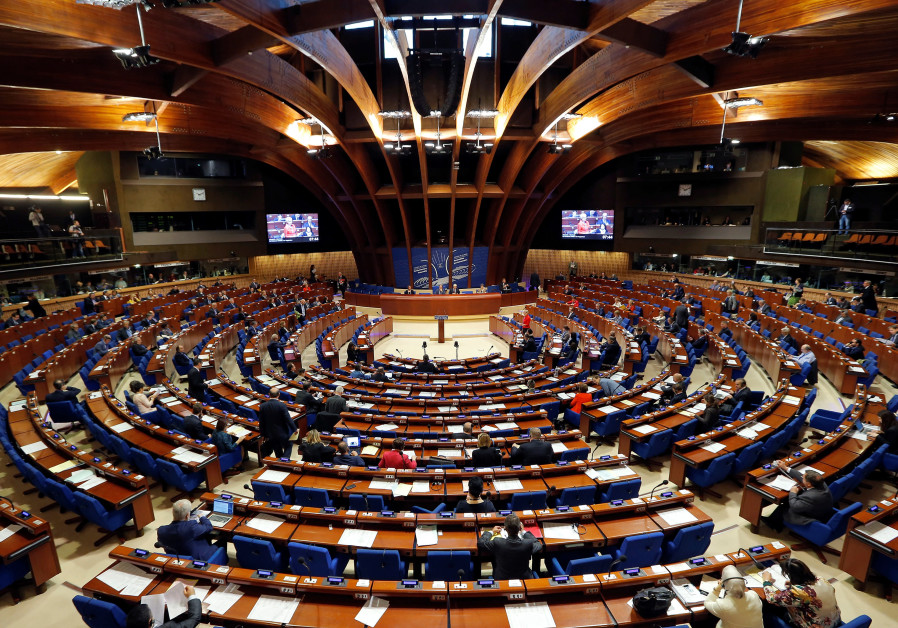Russia resigned from the Council of Europe, the continent’s top human rights monitor, on Tuesday, averting possible expulsion because of its invasion in Ukraine.
Since its establishment after World War II, Russia is just the second country to leave the pan-European organisation entrusted with protecting human rights and the rule of law.
After a group of army officers took control in a military coup in 1969, Greece did the same to escape expulsion. After restoring democracy five years later, it rejoined.
The removal of Russia from the organisation that drafted the European Convention on Human Rights and assisted Eastern European countries in democratising their political systems when Communism fell apart has symbolic significance.
However, the decision, which was made only hours before a vote in the Council of Europe’s parliament on its expulsion, has real-world implications.
The human rights treaty will no longer apply to Russia, and Russians will no longer take their government to the European Court of Human Rights.
Russia blamed Western nations for weakening the human rights organisation, which had prohibited Russia’s membership on February 25, the day after it invaded Ukraine.
The head of Russia’s lower house of parliament’s International Affairs Committee, Leonid Slutsky, accused NATO and the European Union of viewing the Council of Europe as “a source of ideological backing for their military-political and economic expansion to the east.”
The Council of Europe’s assembly said Russia should be driven out in a resolution planned on Monday but accepted on Tuesday after Moscow’s statement. “Aggressors have no place in the common European household,” it stated.
The impact of Russia withdrawing from Europe’s human rights court would be minimised by Moscow’s failure to adequately act on its judgments, according to the resolution, which was passed unanimously.
“Today’s decision is not against the Russian people; it is against (Russian President Vladimir) Putin’s dictatorial, kleptocratic, repressive dictatorship,” said former Greek Prime Minister George Papandreou, who is now a member of the Council of Europe assembly.
“In the 1970s, my country, Greece, was expelled from the Council of Europe… this decision boosted our campaign for democracy and freedom,” he remarked.
On his Telegram channel, Pyotr Tolstoy, the Russian delegation’s chair at the Council’s Parliamentary Assembly, claimed he had handed over a letter from Foreign Minister Sergei Lavrov announcing Moscow’s intention to leave the watchdog.
The Council of Europe, which is independent of the European Union, validated Moscow’s message.
Russia describes its invasion of Ukraine as a “special operation” aimed at demilitarizing and “denazify” the country and preventing a Russian-language genocide. This is a bogus excuse, according to Ukraine and Western supporters, for a war of choice.
In 1949, the Council of Europe was established. Russia became a member in 1996.
Works at The Truth International Magazine. My area of interest includes international relations, peace & conflict studies, qualitative & quantitative research in social sciences, and world politics. Reach@ [email protected]










